My new year's resolution to blog more frequently lasted all but three months (I blame covid...). Now we're in to 'peak garden' season, there's even less opportunity or desire to sit at the computer. If you don't manage to do anything else, here are three must-dos, to start off with:
Water! April was a veritable drought, and although we had a stormy, showery May, we now seem to be heading in to a heatwave. Pots and growbags dry out quickly so water frequently, and prioritise plants that are less well established (under a year) in the rest of the garden. Damp-down (water) the greenhouse floor, to prevent temperatures getting too high inside.
Weed! There doesn't seem much point in using precious water to benefit the weeds, so you may as well get them out too.
Feed! Use a high-potassium tomato feed once a week when watering potted plants and flowers, and greenhouse crops such as tomatoes, peppers and aubergines.
Tomato blossom
Shrubs and flowering plants
Plant out dahlias that have been started in the greenhouse;
Prune old stems out of early flowering shrubs such as wiegela and Exochorda. This stimulates new growth which can then mature in time to support next year's blooms;
Dead-head and tie-in roses;
Sow nasturtium seeds in any gaps in beds and borders, as a cheaper and more sustainable alternative than buying trays of bedding plants from the garden centre;
Look out for any hellebore seedlings around mature plants, and pot them up to plant elsewhere, in the autumn.
Hellebore seedling
Fruit and veg
It's now a fairly safe bet that the risk of frost has past, so gradually harden-off (acclimatise) tender edibles raised indoors, such as courgettes. Start by putting them out for a few hours on a dull day, and then transplant them to their final growing position when fully hardened off;
Thin out apples and pears on trees, to ensure a better, less stressed crop in the autumn;
Shorten new growth on gooseberries, redcurrants and white currants;
Sow salad leaves at fortnightly intervals, for a continuous supply throughout the season.
Shorten new growth on gooseberries
Gardening for wildlife
Keep ponds topped up, and make sure there are suitably located stones and logs so frogs and toads have easy access;
Change water in birdbaths regularly, to prevent the build-up of water-borne pathogens.
Learn to tolerate a few aphids; they are a great food source for small birds and beneficial predatory insects. Larger infestations can be removed with your fingers or a blast from the hose.
And finally, why not indulge yourself by just leaving the mowing? Or at least leaving sections uncut. It's great for wildlife. and also avoids a crispy, brown, parched lawn, in the event of further drought.




